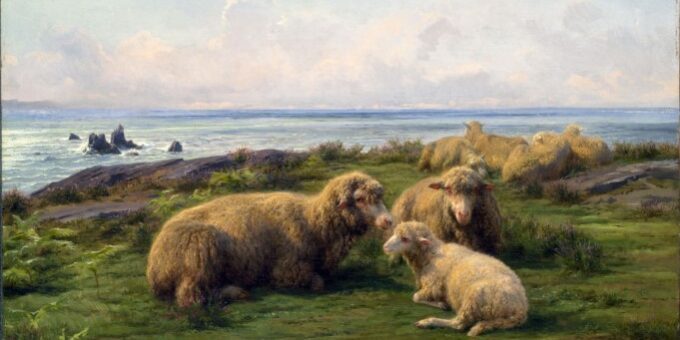Torah: Ki Teitzei (Deuteronomy 21:10-25:19)
Haftarah: (Isaiah 54:1-10)
Time to order your Lulav and Etrog for Sukkot.
I use The Etrog Headquarters: 718-692-3335
Use coupon code “Esrog2023” and you will save $5
They do have sukkah, too “Sukkah2023” save $25
The Torah Portion contains laws pertaining to marriage and family relationships, miscellaneous laws, agricultural laws, and moral and humane laws. There are also the concepts of reverence for the dead, restoration of property, kindness to animals, making a parapet for one’s roof, and writing a bill for divorce.
Since many of us have pets, maybe you would be interested in the biblical law of kindness to animals. The laws focus on the treatment of animals. Deuteronomy 22:10 forbids the yoking of a donkey with an ox. These two animals differ greatly in size and strength, and it would be cruel to yoke the weaker donkey with the stronger ox. The laws continue with taking eggs from the bird’s mother. Usually, the chickens are outside the coupe and one gathers the eggs. Deuteronomy 22:6-7 states that if one chances upon a bird with eggs, one shall not take the mother bird along with its young. Here the message is of compassion and sympathy is the sacredness of the parental relationship. The mother bird is scared because she is a mother. But if she is sent away, and does not see her young ones taken, she does not feel much pain. Interestingly, according to the Torah the reward for not taking the female bird with its young is that of length of days.
Also, in modern times the first laws for the protection from cruelty were not for young children working in factories, but for horses in New York City. The hot summer weather was killing the horses as they pulled the carriages. Thus cruelty to animals and animal protection agencies was established throughout America in the 1920’s. Later the Shirtwaist Factory fire when many women were locked in the factory (so they would not steal materials) jumped to their death. The laws were established for working conditions for children and women. As Jewish people we feed our animals before we partake in our food. Some restaurants in the world will place water dishes outside for animals, and some will also place food for animals, too.
Kindness is a wonderful thing to share.
Shabbat Shalom,
Rabbi Helene Ainbinder







